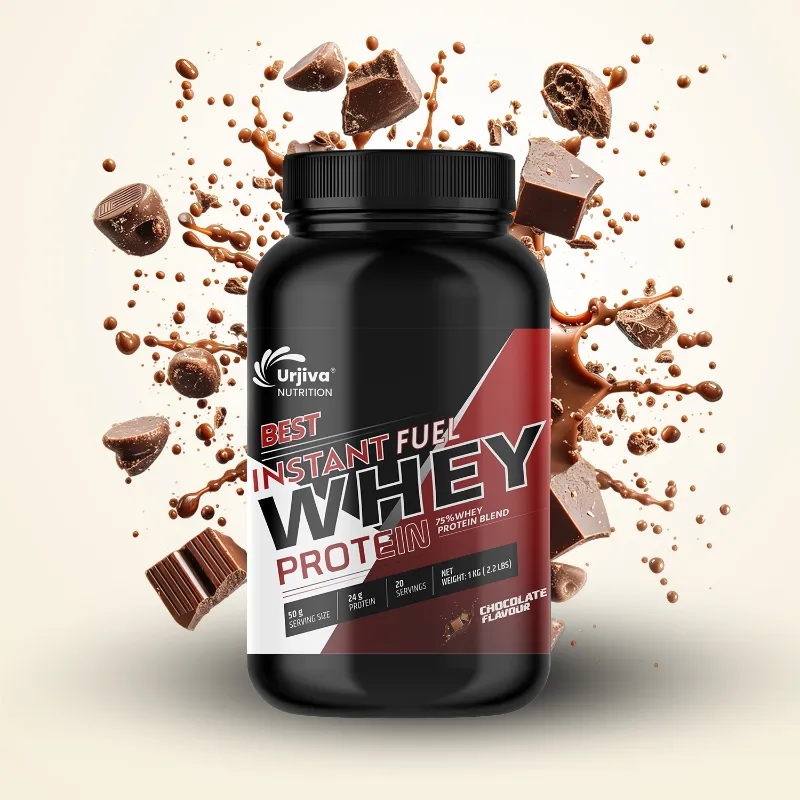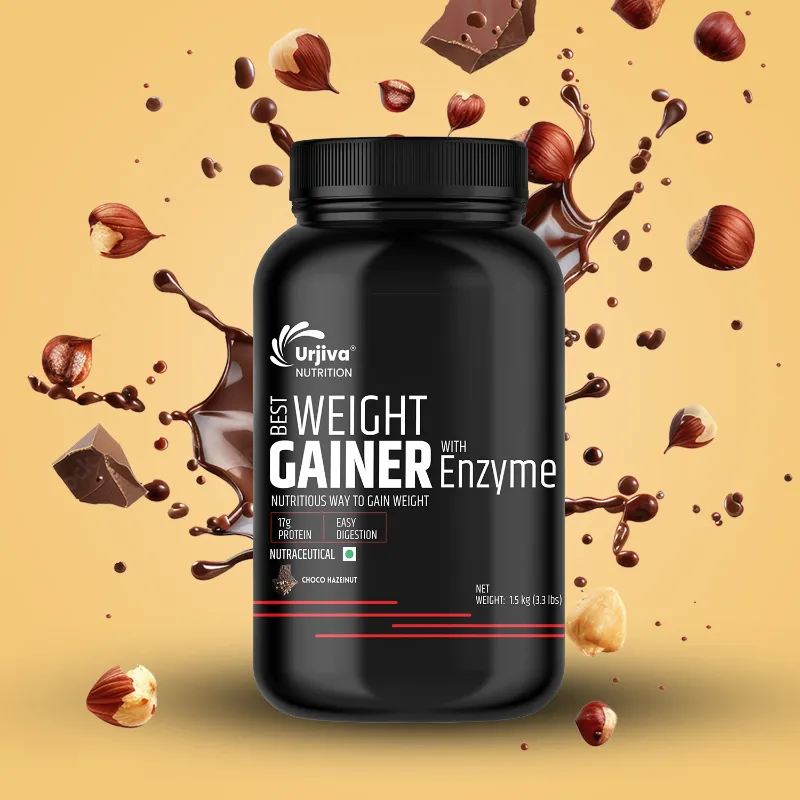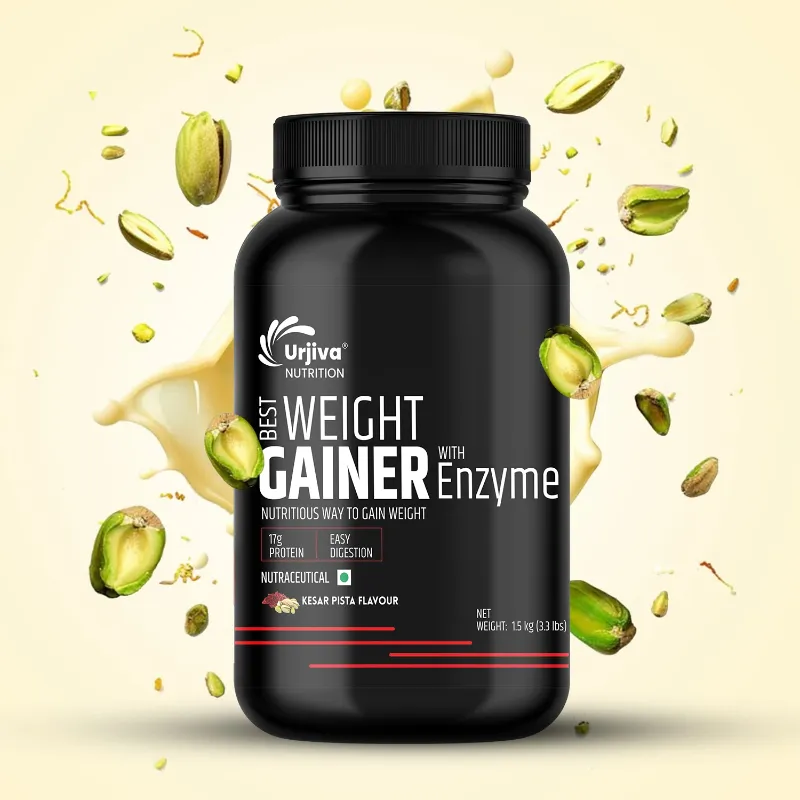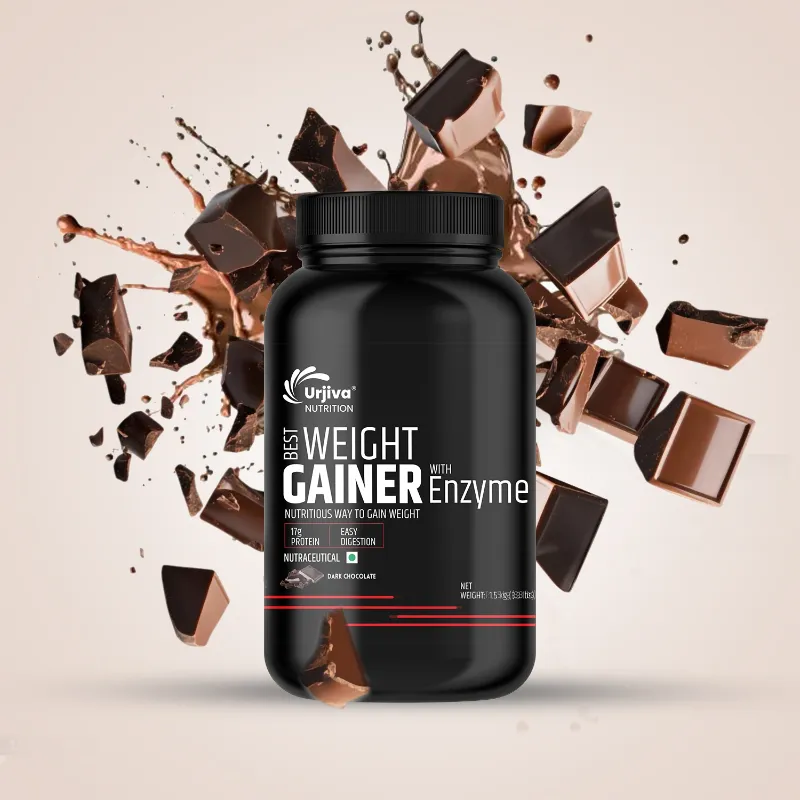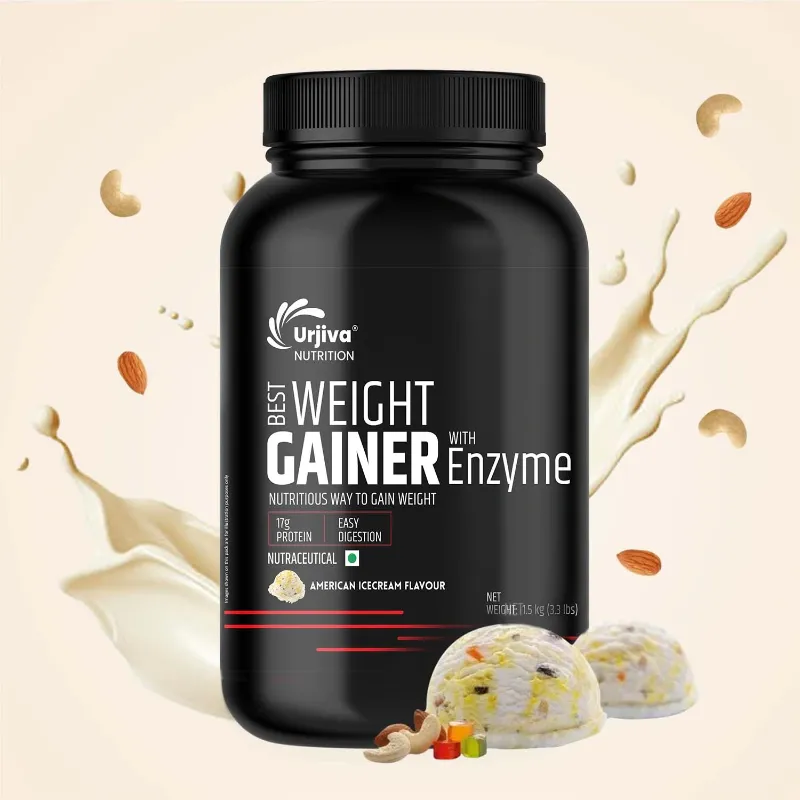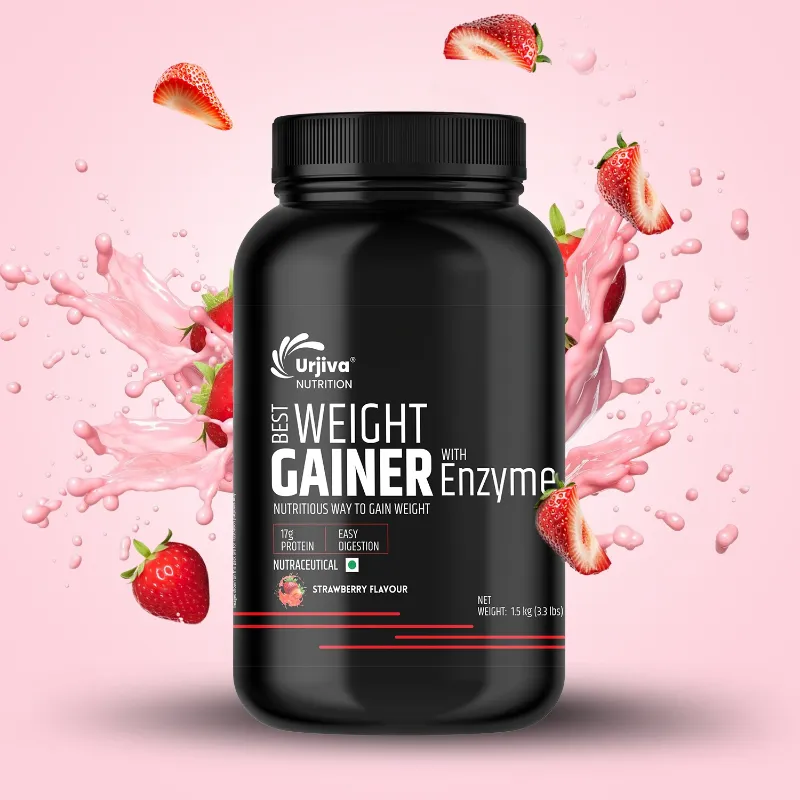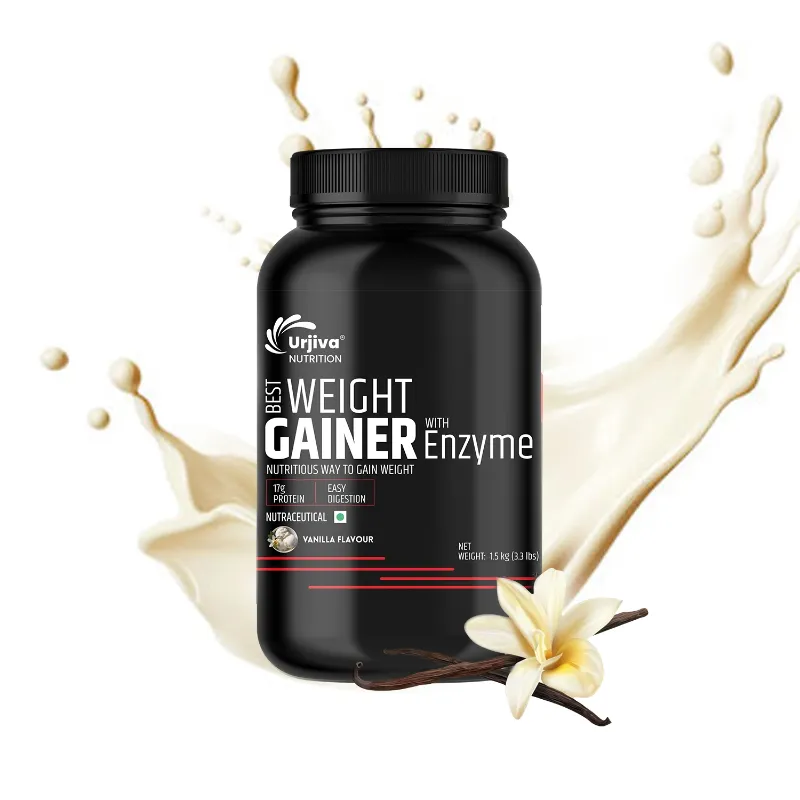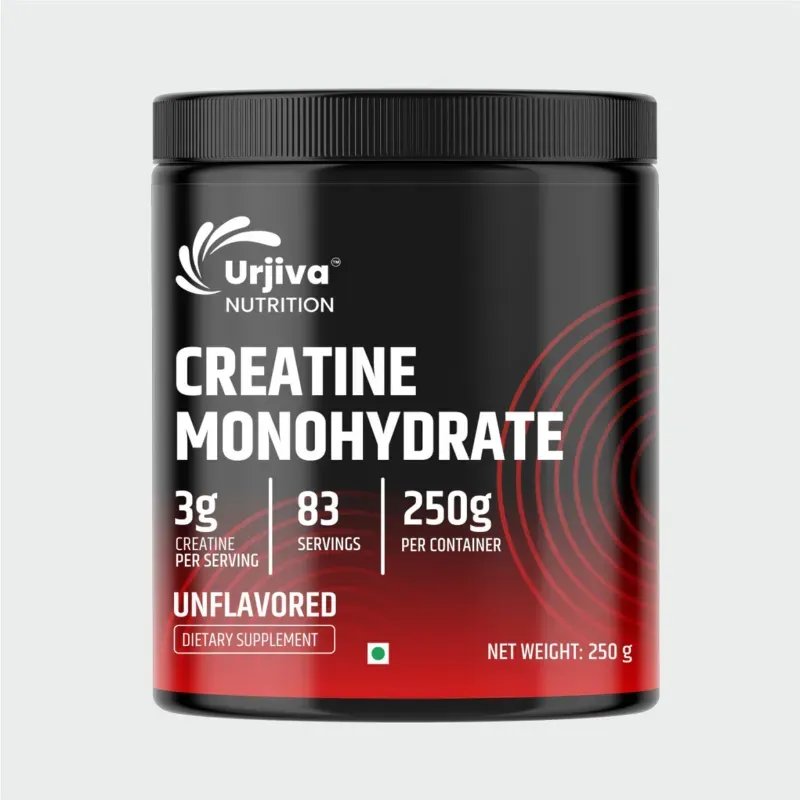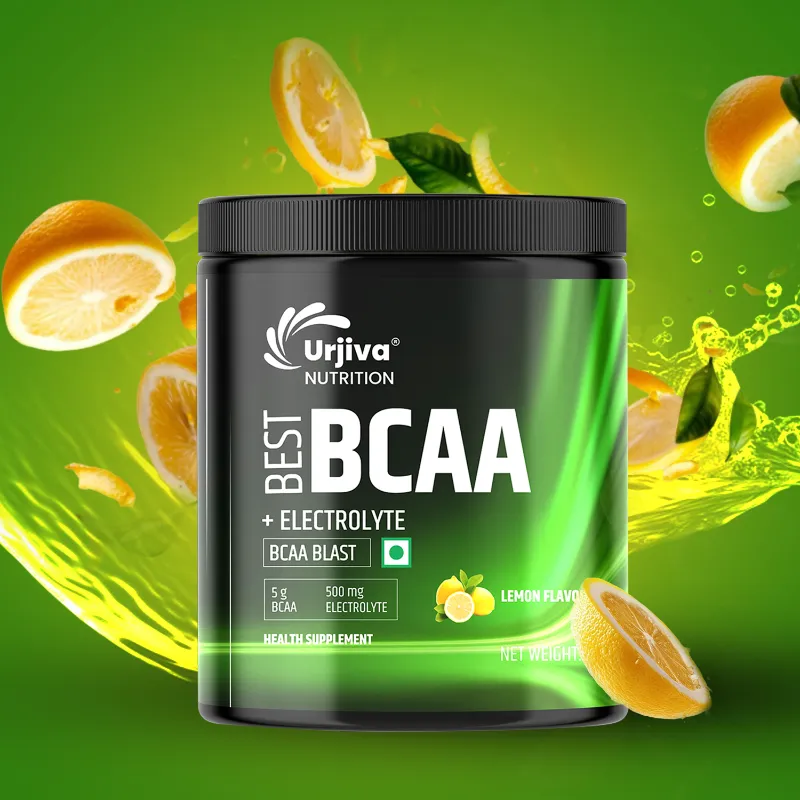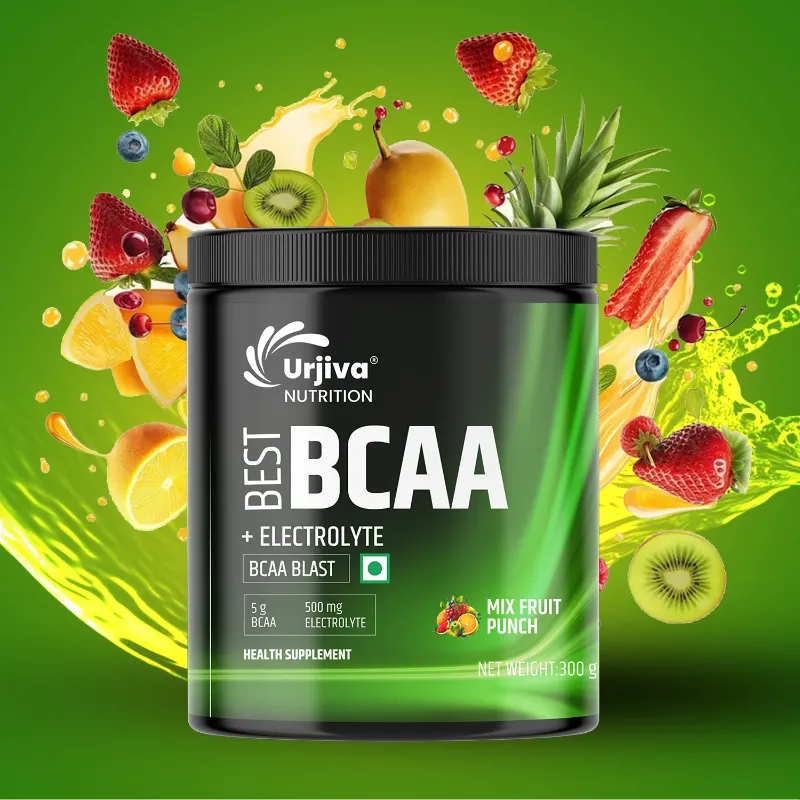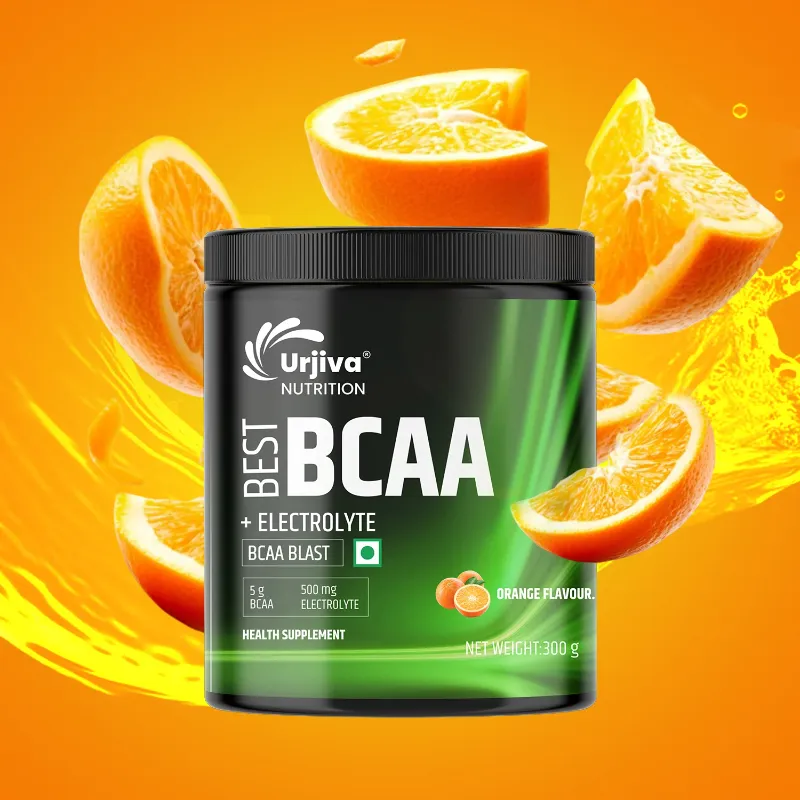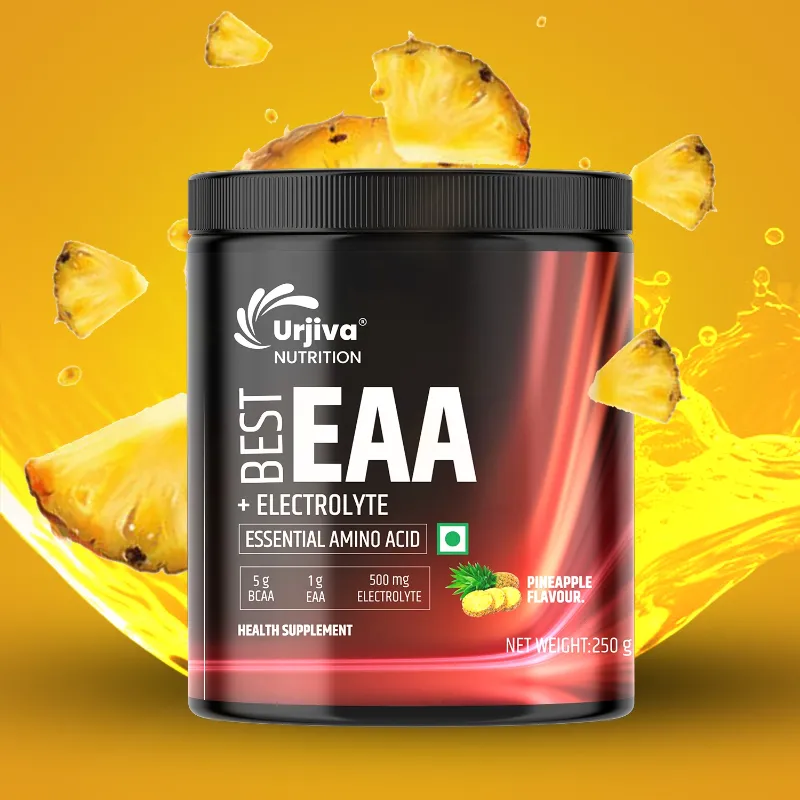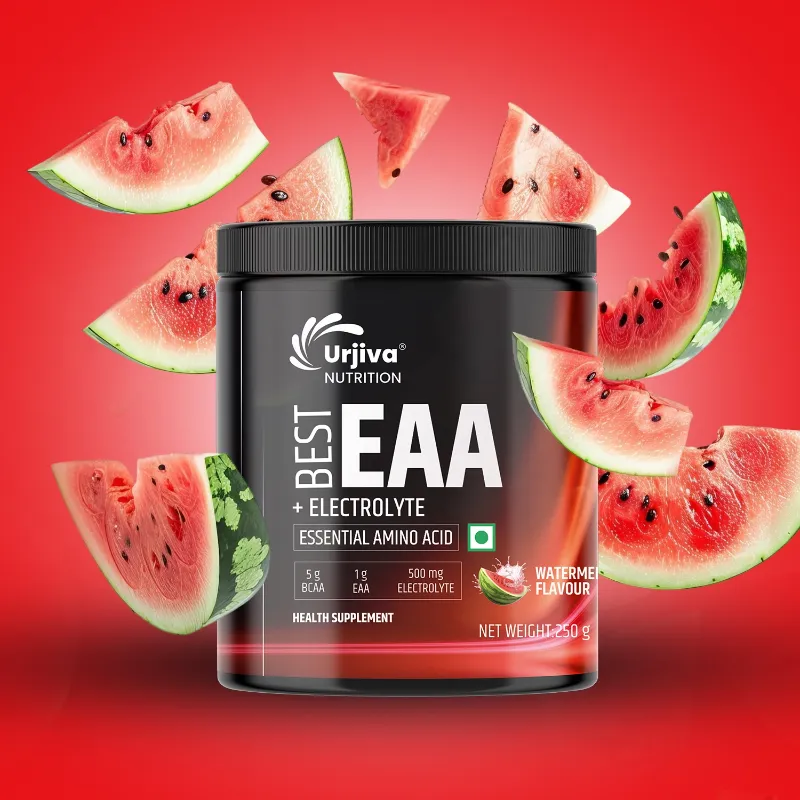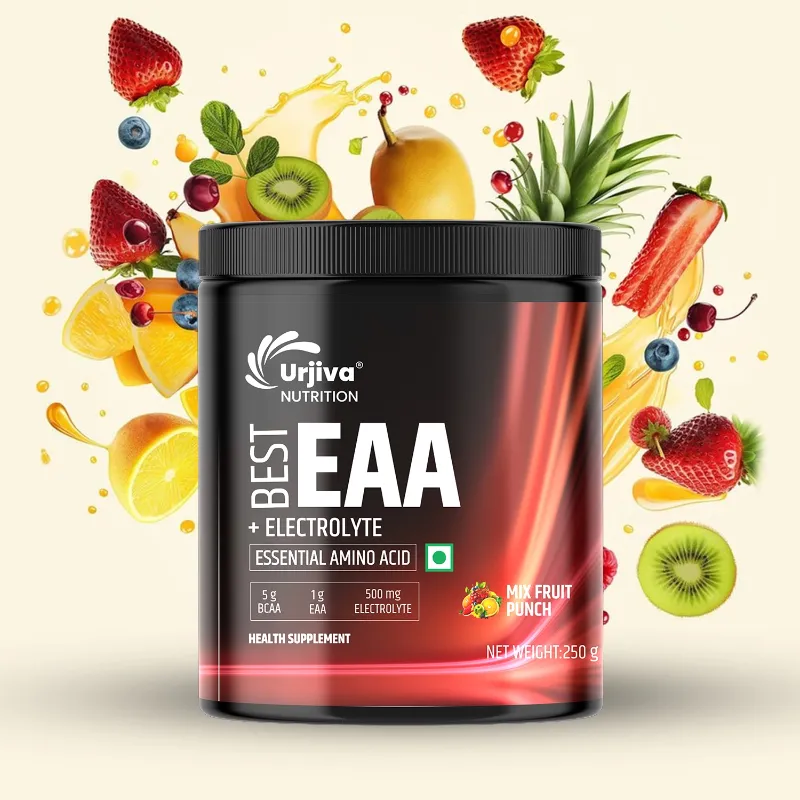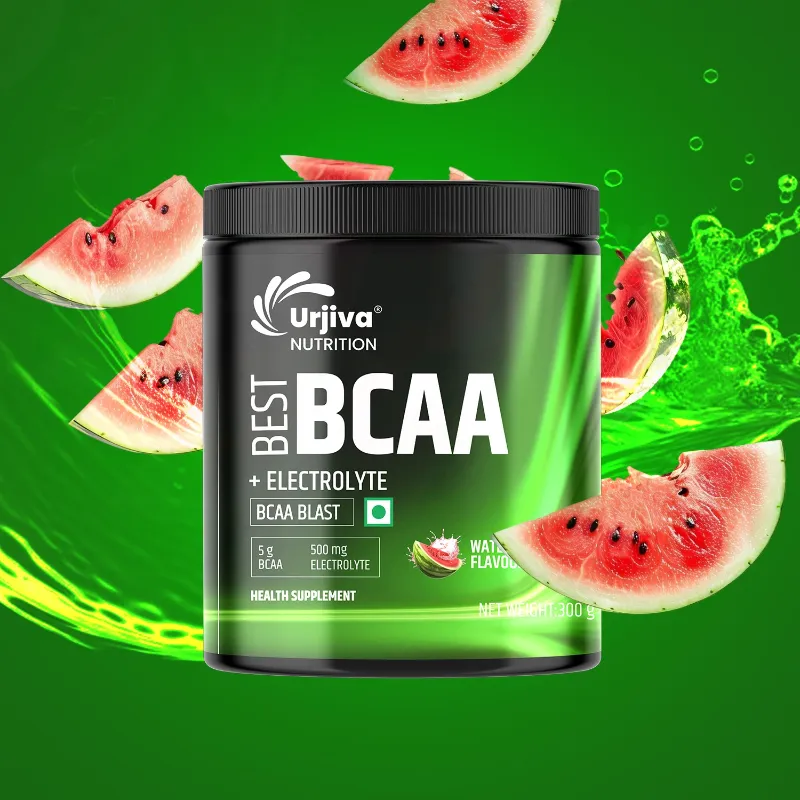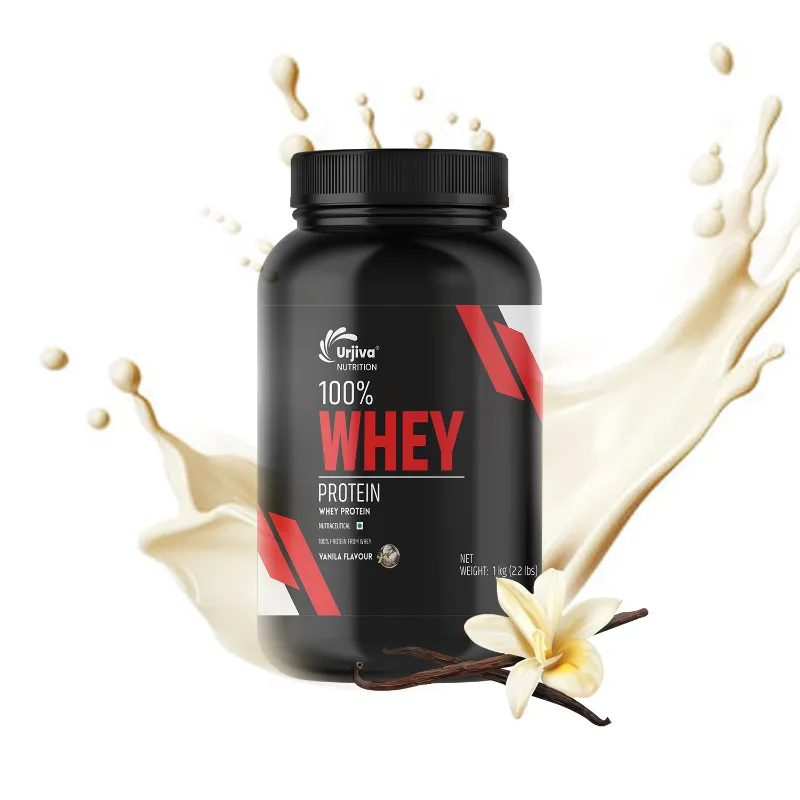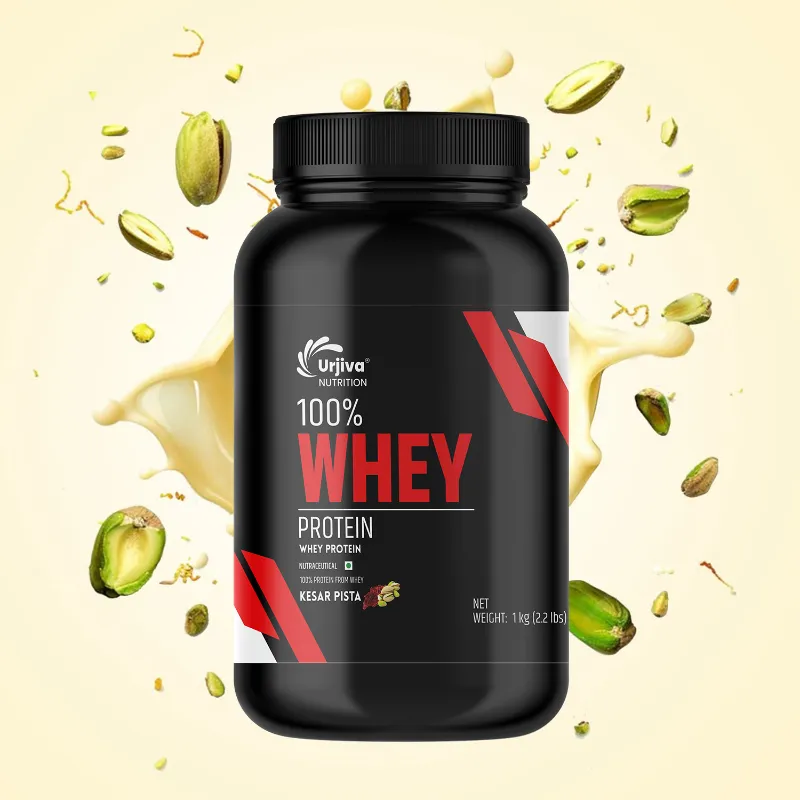Creatine monohydrate is one of the most researched and widely used supplements in the world of sports and fitness. Its efficacy and safety are backed by numerous scientific studies, making it an ideal choice for those looking to improve physical performance and support muscle development. In this article, we’ll delve deeply into what creatine monohydrate is, how it works, its benefits, possible side effects, and how to incorporate it into your routine effectively.
What Is Creatine Monohydrate?
Creatine monohydrate is a natural compound made up of three amino acids: glycine, arginine, and methionine. It is naturally found in foods like meat and fish and is also produced in small amounts by the liver, kidneys, and pancreas. In the body, it is primarily stored in skeletal muscles as phosphocreatine, playing a key role in energy production during high-intensity activities.
How Does Creatine Work?
Creatine serves as an additional energy resource for muscles. During high-intensity exercises such as weightlifting or sprinting, muscles use adenosine triphosphate (ATP) as their primary energy source. However, ATP stores deplete quickly. This is where creatine comes in: the phosphocreatine stored in muscles helps regenerate ATP faster, allowing for sustained optimal performance over longer periods.

Benefits of Creatine Monohydrate
1. Increased Strength and Physical Performance
Numerous studies have shown that creatine monohydrate enhances muscle strength, power, and performance in high-intensity activities. This makes it an ideal supplement for sports like weightlifting, soccer, and sprinting.
2. Promotes Muscle Growth
Creatine stimulates protein synthesis and increases water retention in muscle cells, which can lead to faster muscle growth. Additionally, its ability to enhance performance allows for more intense workouts, contributing to muscle development.
3. Improves Recovery
Supplementing with creatine can reduce muscle damage and inflammation after intense workouts, aiding in faster recovery. This enables more frequent training without compromising performance.
4. Cognitive Benefits
Recent research suggests that creatine may also have positive effects on brain function, including improved memory, focus, and mental stamina, especially during sleep deprivation or high mental stress.
5. Supports Healthy Aging
As we age, muscle loss (sarcopenia) becomes a common concern. Creatine can help counteract this process by improving strength and muscle mass in older adults.
Who Can Benefit from Creatine Monohydrate?
Creatine isn’t just for professional athletes. It can benefit a wide variety of individuals, including:
- Athletes and Bodybuilders: To improve performance and muscle development.
- Older Adults: To maintain muscle mass and strength.
- Students and Professionals: To enhance focus and mental energy.
- Vegetarians and Vegans: Since plant-based diets are low in creatine, supplementation can be especially beneficial.
How to Take Creatine Monohydrate
Proper dosing and timing are key to maximizing the benefits of creatine monohydrate. Here’s a basic guide:
Loading Phase (Optional):
For the first 5–7 days, take 20–25 grams of creatine divided into 4–5 daily doses. This helps saturate muscle phosphocreatine stores quickly.
Maintenance Phase:
After the loading phase, take a daily dose of 3–5 grams to maintain creatine levels in the body.
Additional Tips:
Mix creatine with water or juice for better absorption.
Take it post-workout to maximize recovery.
Stay hydrated throughout the day to avoid dehydration.
Myths and Realities About Creatine Monohydrate
Myth 1: Creatine Damages Kidneys
This is one of the most common myths. However, studies have shown that creatine is safe for healthy individuals. Those with pre-existing kidney conditions should consult a doctor before using it.
Myth 2: Creatine Causes Unwanted Weight Gain
The weight gain associated with creatine is primarily due to increased water retention in muscle cells. This is temporary and should not be a cause for concern.
Myth 3: Creatine Is a Steroid
Creatine is not a steroid or drug. It is a natural compound found in many foods and is entirely safe and legal.
Myth 4: It Only Works for Men
Both men and women can benefit from creatine. Its effectiveness depends on individual needs and the type of training, not gender.
Possible Side Effects
Creatine is generally safe for most people. However, some individuals may experience minor side effects, such as:
Water retention
Stomach discomfort
Muscle cramps
To minimize these effects, stay well-hydrated and follow the recommended doses.
Comparison of Creatine Monohydrate With Other Forms of Creatine
There are various forms of creatine on the market, but creatine monohydrate remains the most popular and effective. Here’s a comparison:
Type of Creatine | Effectiveness | Cost | Availability |
Creatine Monohydrate | High | Affordable | Widely available |
Micronized Creatine | Similar | Moderate | Moderate |
Creatine HCl | High | Expensive | Limited |
Buffered Creatine | Moderate | Expensive | Limited |
Creatine monohydrate stands out due to its extensive research, cost-effectiveness, and widespread availability.
Tips for Choosing the Right Creatine
When selecting creatine, consider the following:
- Purity: Look for products that contain 100% creatine monohydrate, often indicated as "Creapure®."
- Form: Powdered creatine dissolves easily and is absorbed quickly.
- Reputation: Choose reputable brands with third-party testing for quality assurance.
Creatine and Diet: Does It Matter?
Creatine supplementation is particularly beneficial for vegetarians and vegans, as they typically have lower muscle creatine stores due to the absence of animal-based foods in their diet. However, omnivores can also benefit significantly, especially if their diet lacks sufficient amounts of creatine-rich foods like red meat and fish.
Creatine in Sports: Is It Legal?
Yes, creatine is completely legal and is not considered a banned substance by major sports organizations, including the World Anti-Doping Agency (WADA). It is a safe and ethical way to enhance athletic performance.
Conclusion
Creatine monohydrate is a powerhouse supplement with proven benefits for physical performance, muscle growth, recovery, and even cognitive function. Its safety and effectiveness have been validated by extensive research, making it a go-to option for athletes, fitness enthusiasts, and anyone seeking to improve their overall well-being. By understanding how to use creatine effectively and dispelling common myths, you can maximize its potential and achieve your health and fitness goals.

